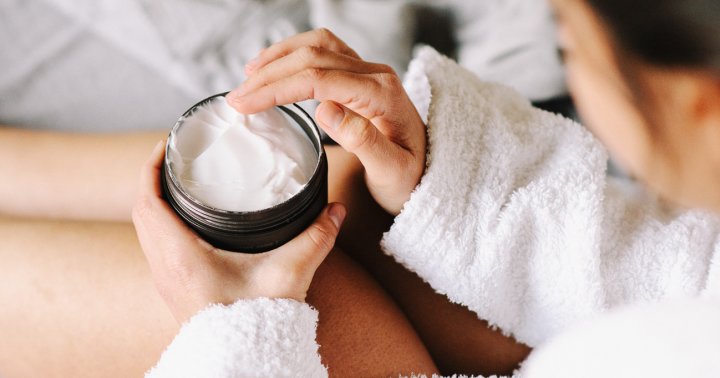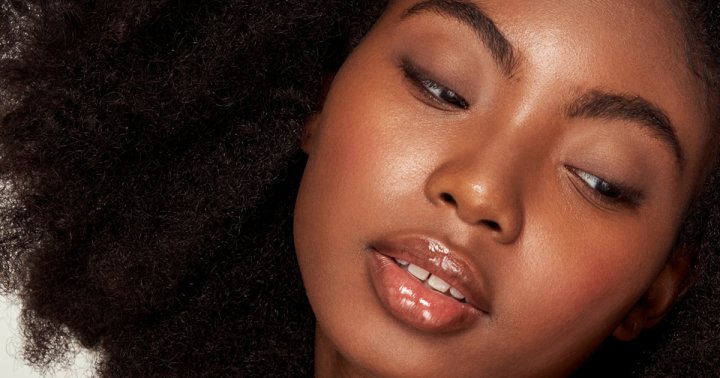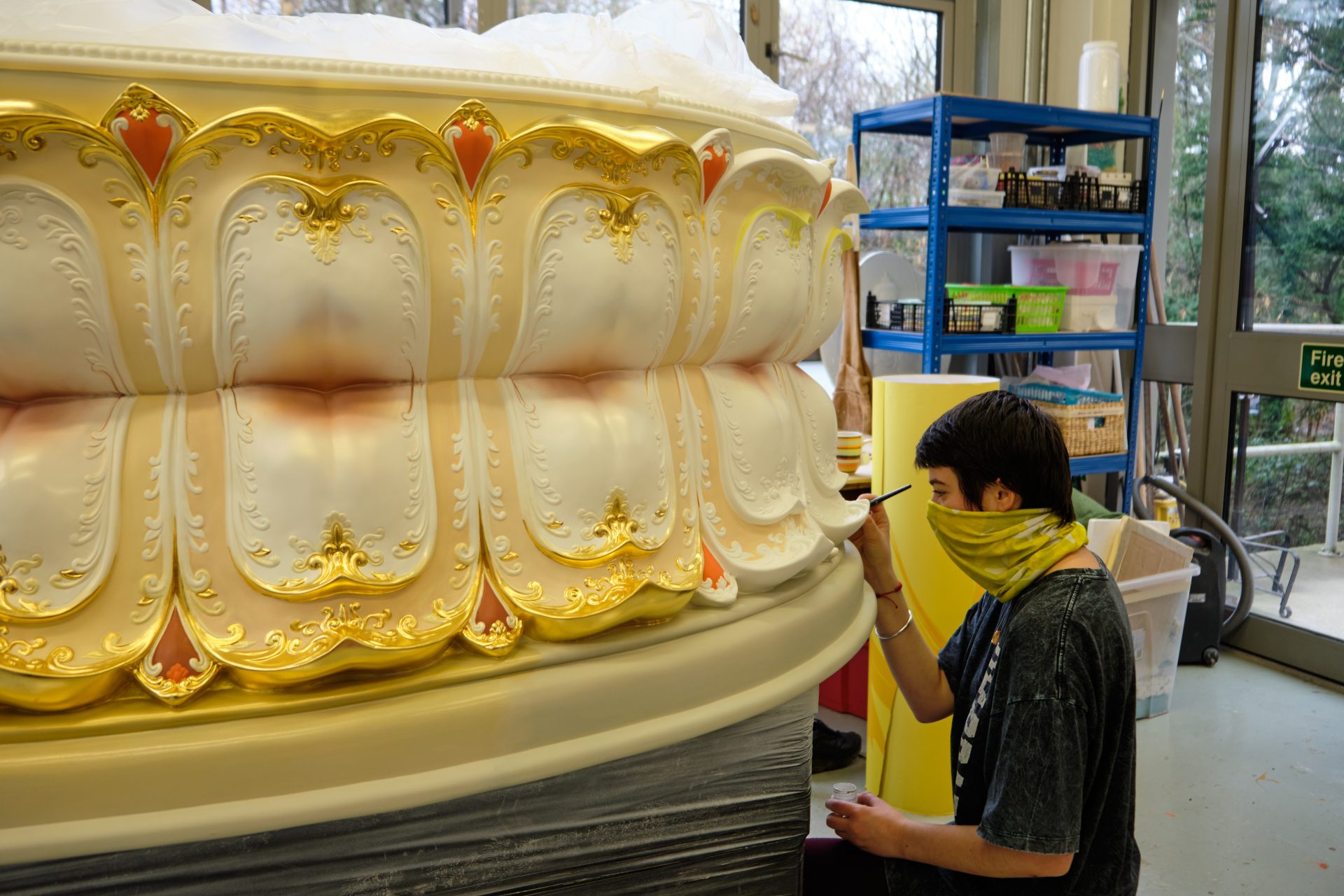7 OB/GYN-Approved Pad & Tampon Alternatives For A Lower-Waste Period
Sea sponges, period-proof leggings, and reusable pads galore.
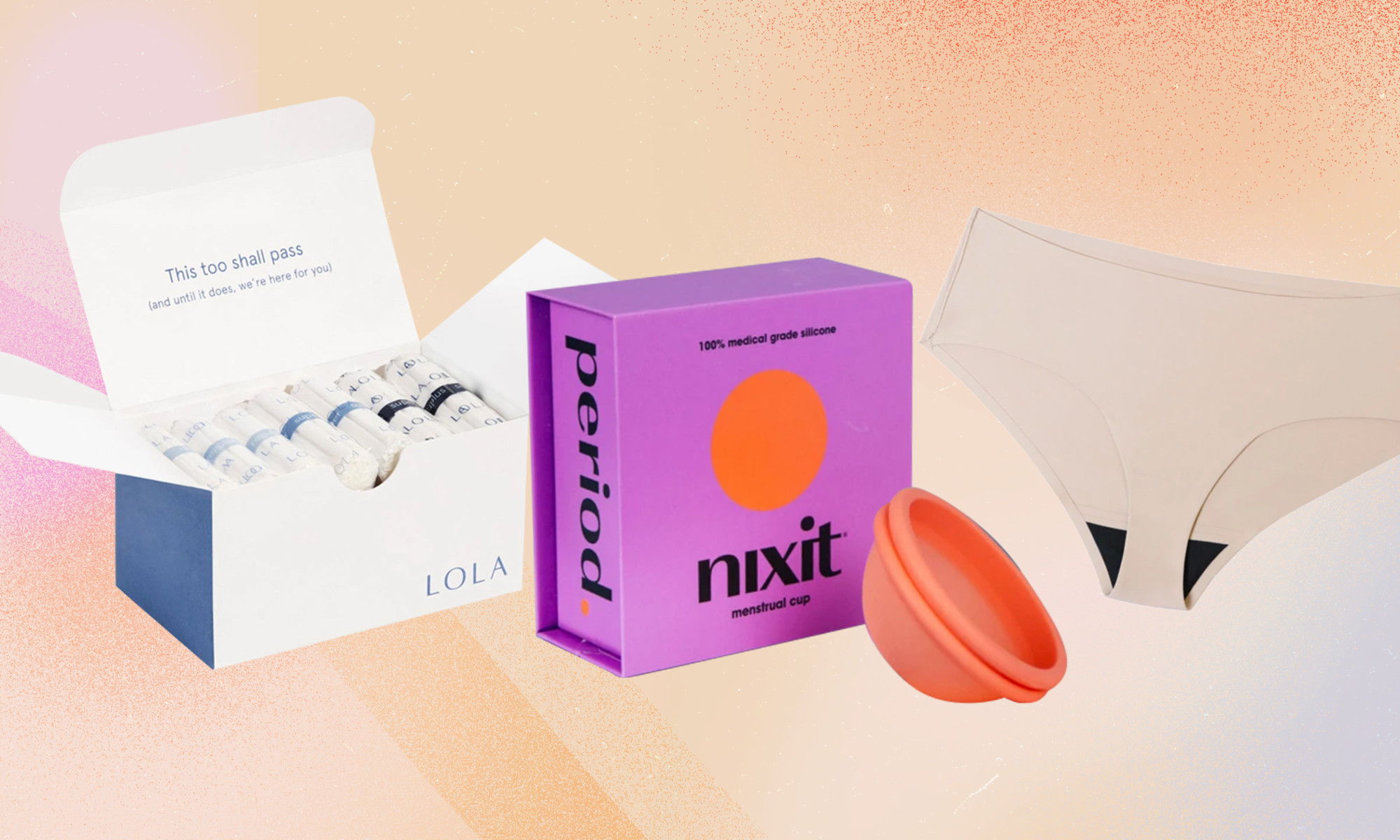
December 29, 2024 We carefully vet all products and services featured on mindbodygreen using our Our selections are never influenced by the commissions earned from our links. And thankfully, there are tons of other options that are more sustainable than your run-of-the-mill pads and tampons. Here are seven of our favorites—all OB/GYN-approved. One of the more popular tampon alternatives, menstrual cups are excellent for long-term wear and can be left in for up to 12 hours. According to functional medicine gynecologist Wendie Trubow M.D., MBA, they're also great if you're looking to decrease your carbon footprint. "This is a silicone cup that is inserted into the vagina and stays in place for up to 12 hours (depending on blood flow)," she says, but does add, "some women don't find them comfortable, and it can be awkward to empty it in a public bathroom." As holistic gynecologist Eden Fromberg, Ph.D., notes, it's a good idea to plan ahead by "carrying sealable bags to store used devices until they can be properly cleaned and carrying extra cups and backup methods for when they may be needed." She also mentions a splash of vinegar in water after cleaning thoroughly can help maintain freshness. OrganiCup Similar to a menstrual cup, menstrual discs are inserted into the vagina, where they sit in place for up to 12 hours. But unlike a cup, which sits below your cervix, the disc is placed into the vaginal fornix, above the cervix. And for anyone curious, you can have sex with one in. "You could say that menstrual cups are like cervical caps, and menstrual discs are light diaphragms," Fromberg says. "One may work better than the other for individual women based on pelvic dimensions and ease and comfort of use." Trubow adds they're another great option, but the public restroom problem remains, so planning ahead is important. Nixit For potentially the easiest-to-"apply" option, enter period-proof underwear. Simply put the underwear on and go. You can purchase these panties based on absorbency level, and Trubow adds they're great for those who don't use tampons but don't like pads. "They can be on the pricier side but will make up their cost over time," she says. And "they're also great for traveling." Just watch out for synthetic materials, Fromberg notes: "Synthetic fabrics, from production, eventual disposal, and exposure standpoint may be an issue." Proof Yes, they exist. Period-proof leggings are made with a built-in lining, so you can go commando in your leggings during your period, leak-free. It should be noted, though, that depending on your flow, the pants may not be enough. Fromberg also points out that the synthetic materials may be an issue for these too. Nevertheless, these could be a good option to try for yoga class or other workouts, or simply when you're on the go. Dear Kate For a truly innovative and natural option, sea sponges might just be one of Mother Nature's best tricks. Fromberg says she was first introduced to sea sponges in the '80s (by a hippie friend, naturally) and has used them regularly as a tampon alternative for years. Trubow also adds that she's a fan, noting they're great for the environment. "Like other reusable methods," Fromberg says, "carrying extras and a sealable bag to carry ones that cannot be washed immediately in public settings is helpful. Washing, boiling, and vinegar are all helpful in keeping sea sponges clean and fresh." And just a heads-up, "In my and others' experience, pelvic floor pressure, for example working out, coughing, sneezing," she says, "can cause sudden sponge leakage." Look into: jade & pearl, Poseidon Sponge Jade and Pearl Essentially the eco-friendly version of a regular pad, reusable pads are an option for those who don't want to put anything into the vagina, Trubow says. Fromberg notes that many non-reusable pads nowadays are "bleached with endocrine-disrupting chemicals that pollute not just your vagina and body but also the environment"—a point in reusable pads' (often made of natural materials like organic cotton) favor. "Reusable pads allow a more direct relationship to menstrual flow and do not have the effect of obstructing menstrual flow or putting pressure on pelvic structures," Fromberg adds, "which for some will cause more cramps." For best results, she also recommends wearing them with loose clothing, so as to not plug the vagina. Look into: period aisle, Rael, GladRags, Lilind Lilind And lastly, if you've gotten this far and still prefer the sound of tampons, there are more eco-friendly versions than the plastic-laden tampons we see regularly. Organic cotton tampons without applicators are going to be the most environmentally friendly tampon option, because they're low-waste and cotton is biodegradable, unlike tampons made from synthetic materials like polyester. Look into: LOLA, Rael, natracare, o.b. Tampons Lola With these pad and tampon alternatives, your health (and the health of the planet) are one less thing you have to worry about during your period.
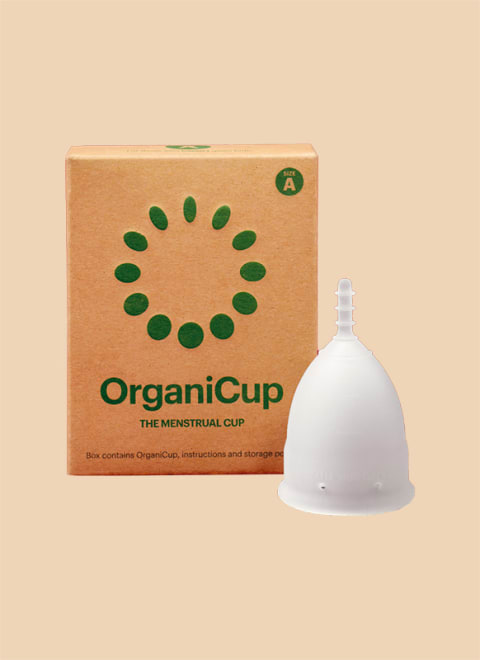
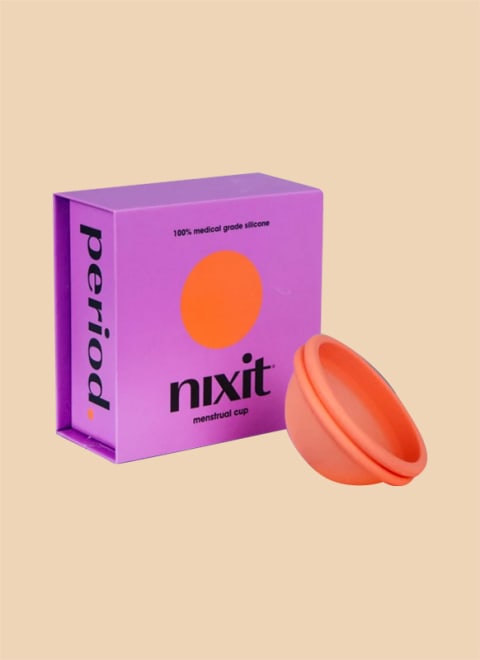
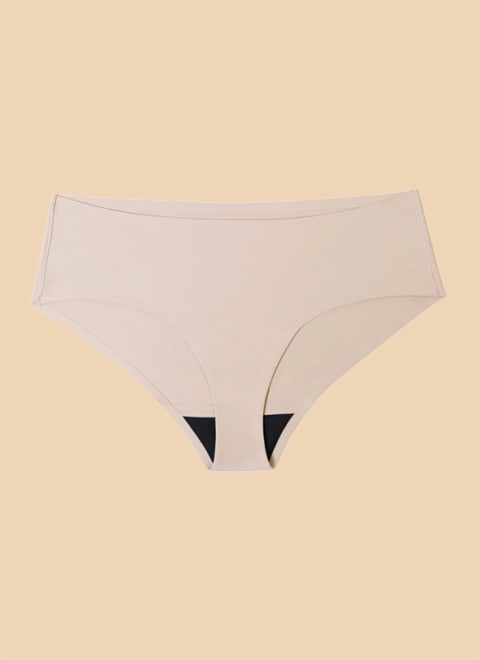
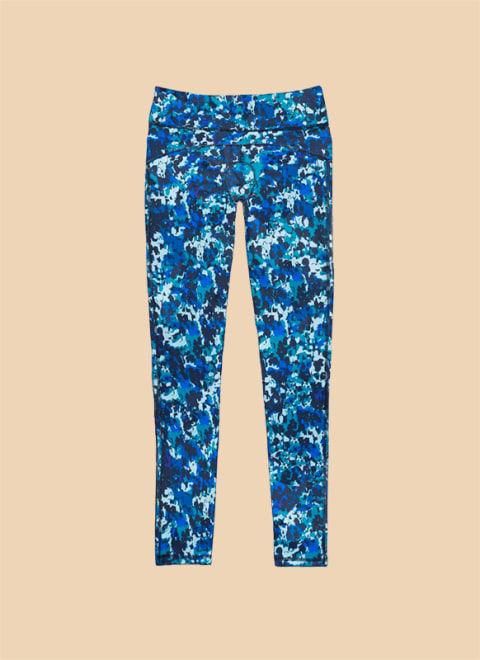
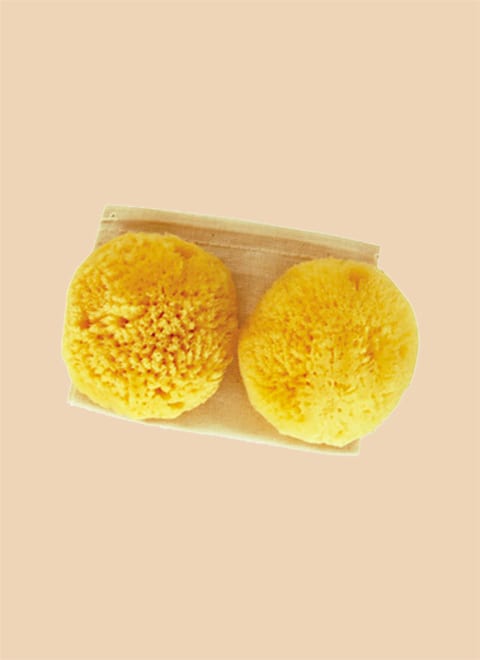
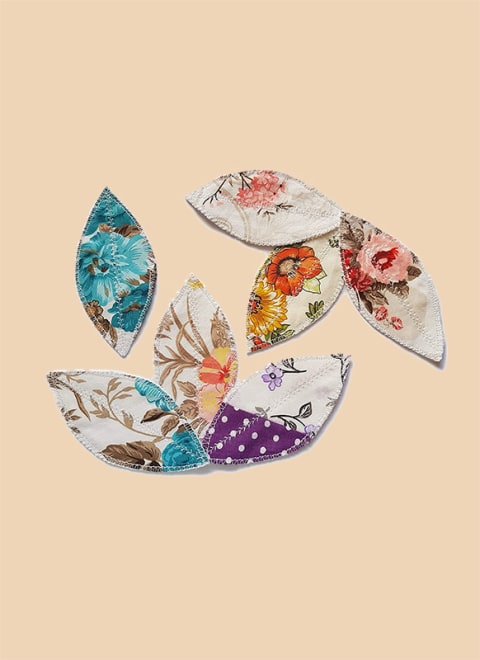
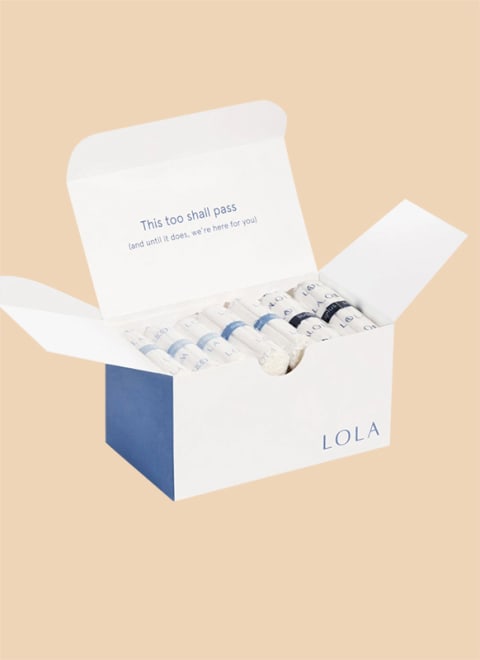

 AbJimroe
AbJimroe 









